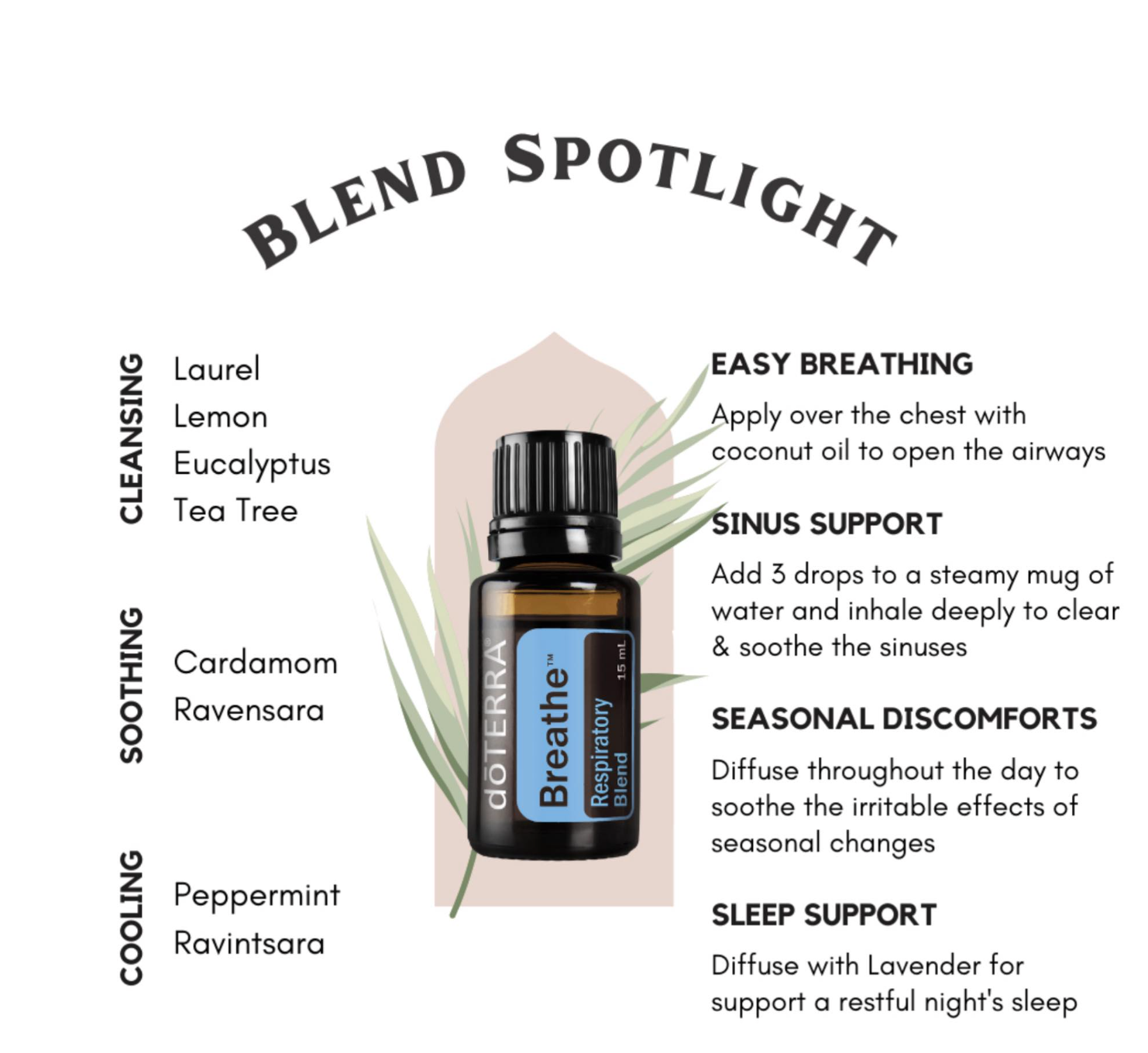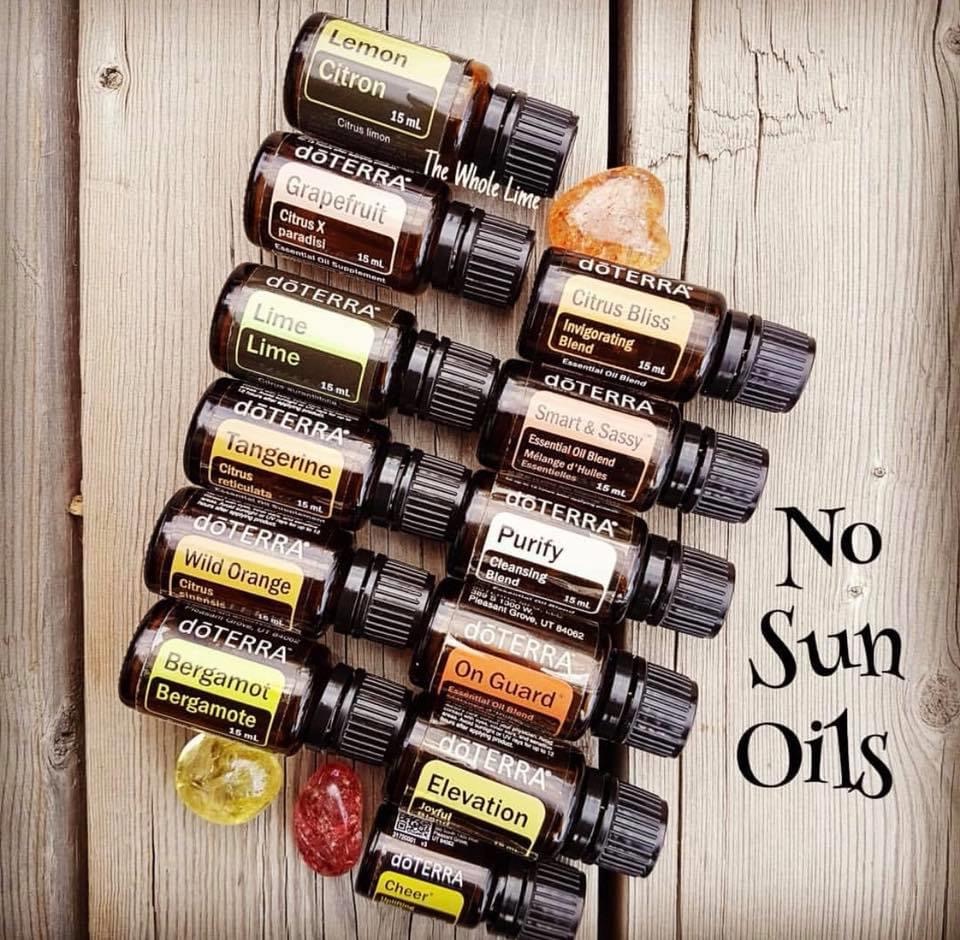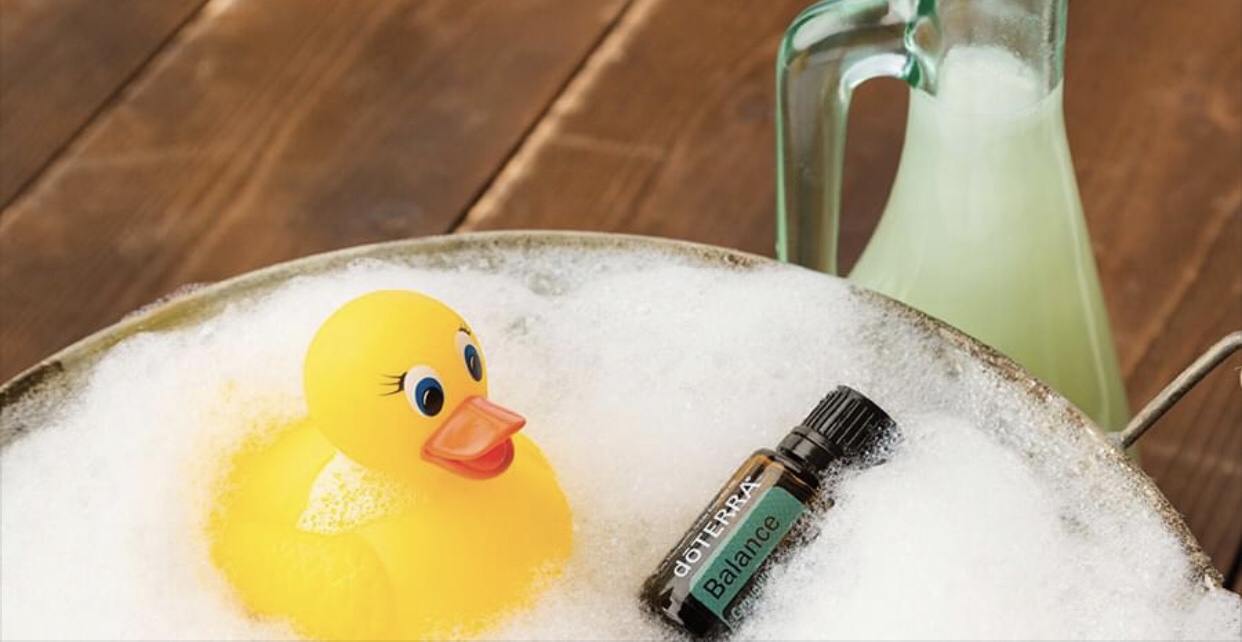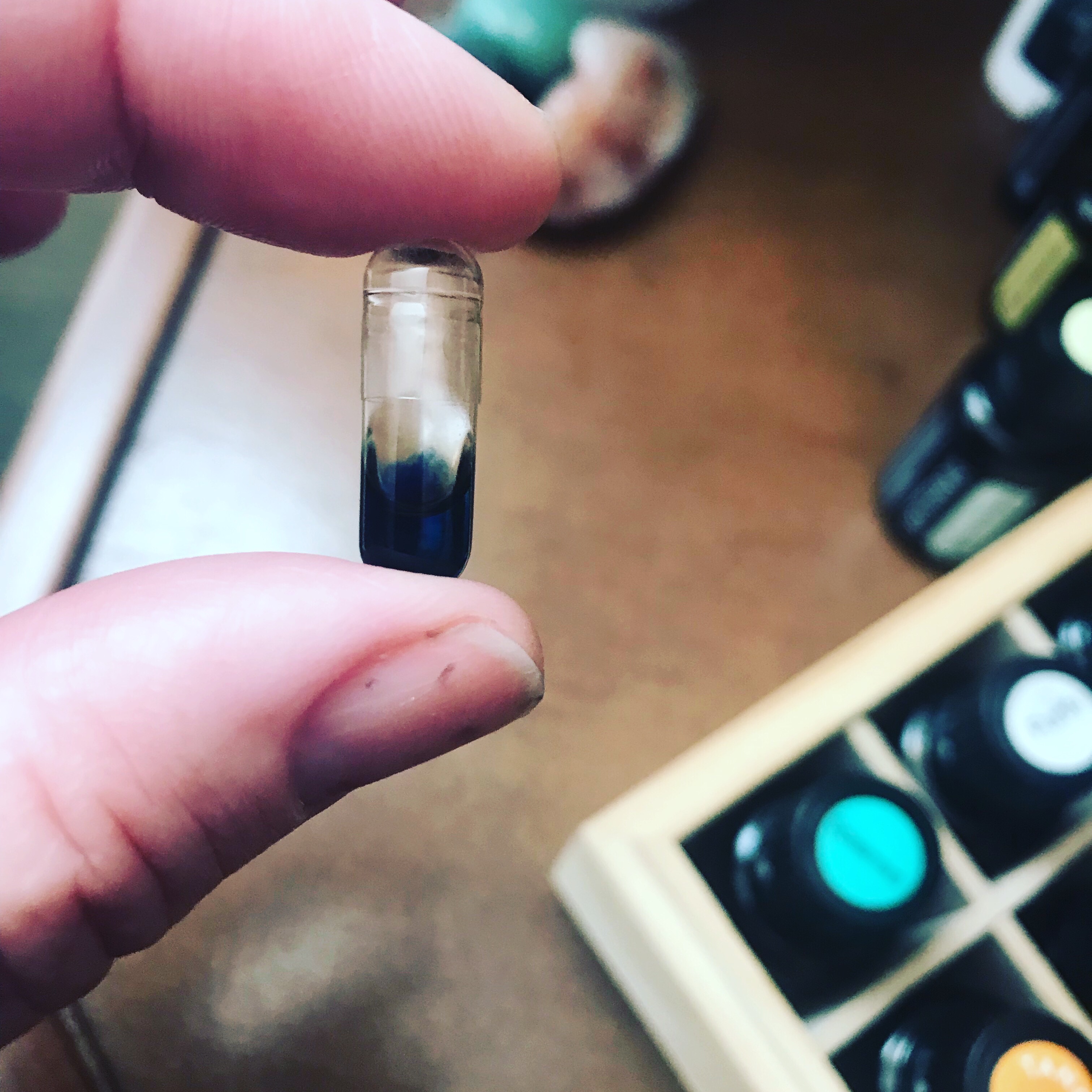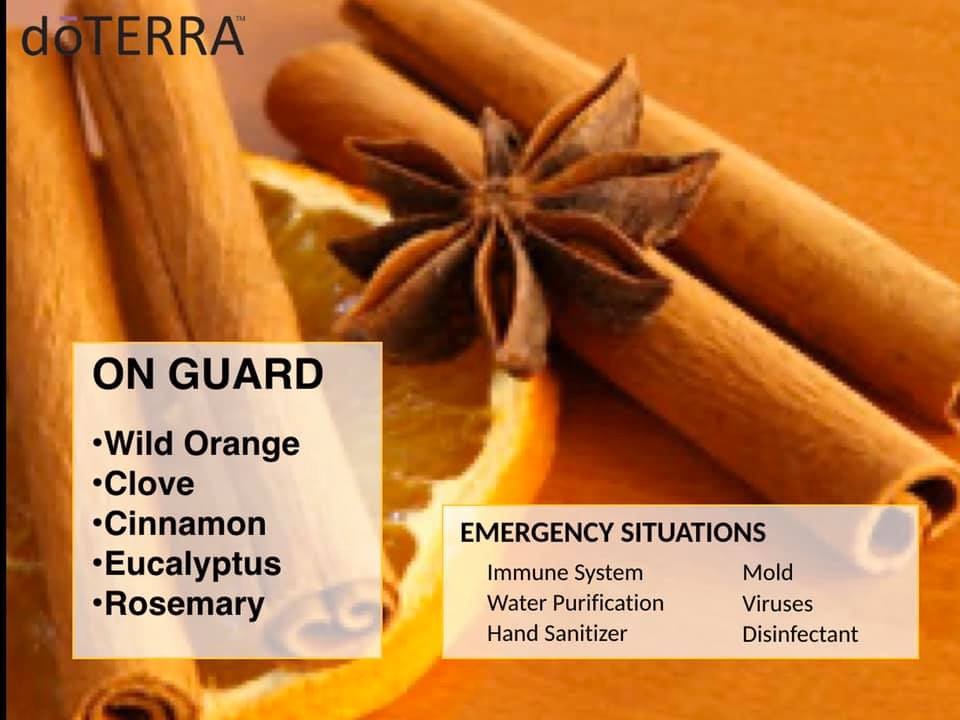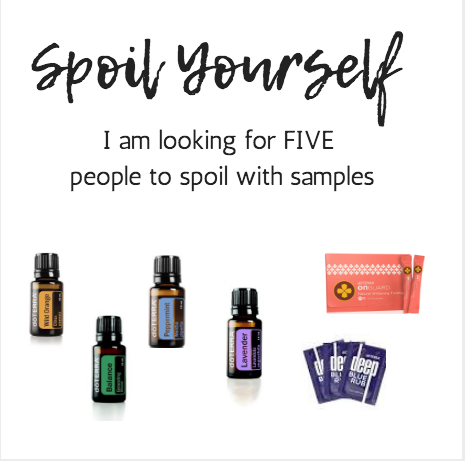Now that I am grandparent (ack!) I am learning all about essential oils and children. When I had my kiddos I had no idea I could swap out over-the-counter remedies for natural options. I sure wish I had these choices! I am determined to make sure my sweet little grandbaby gets to use essential oils and learn the natural way. I have been learning so much and want to share!
First, parents who are new to essential oils should know that essential oils and plant parts have been used for centuries to promote wellness, and are not a new fad or trend, but a tried and true solution for many of life’s everyday problems. Families in ancient Egypt used plant extracts and oils for everything from cooking and beauty treatments to embalming and religious ceremonies. For centuries, families in China have continued practices that promote wellness by using plant extracts and materials. Plant extracts and oils were a major staple in the households of ancient Rome, as plant parts were used for their fragrance and calming properties. After centuries of safe use, parents can rest easy knowing that essential oils have been proven safe and effective time and time again.
Because essential oils are naturally occurring compounds found in plants, they are a popular ingredient for many commercial products. Essential oils are often used in perfumes, soaps, candles, lotions, and skincare products to add fragrance. Due to their powerful purifying properties, essential oils are also frequently added to cleaning agents and products. Chances are, you most likely already have products in your home that contain essential oils. The benefit of using pure essential oils on their own is that it allows you to avoid the harmful toxins and chemicals that are often added to household products.
As mentioned, the key to safely and successfully using essential oils on children is observing the special safety guidelines that have been set to protect children from overexposure or sensitivity. As a parent, it is important to remember that the rules for using essential oils with children are different than those for adults. By observing specific guidelines when it comes to essential oil dosage, dilution, application, storage, and more, you can help your children safely and effectively enjoy the benefits that essential oils have to offer.
Dosage Because children have a smaller body mass; have thinner, more sensitive skin; and are still developing, their dosage level of essential oils should always be smaller than adult doses. For a comparison of adult versus child doses of essential oils, take a look at the chart below: This chart provides general guidelines for dosages when it comes to using essential oils with your children, but remember to always consult your child’s physician about any specific health conditions or concerns before using essential oils on your child. Diffusing essential oils in your home will allow your children to reap the benefits of your favorite essential oils, and is one of the safest and simplest forms of application. Dilution Many parents have concerns about the topical use of essential oils with children because of their sensitive skin. The best way to protect a child’s delicate skin when using essential oils topically is to dilute before application. Diluting an essential oil with a carrier oil like d?TERRA Fractionated Coconut Oil before applying it to your child’s skin will help reduce the risk of sensitivity. Always supervise children during essential oil usage. Perhaps the most important safety guideline when it comes to essential oils and children is to ensure that your child only uses essential oils under adult supervision. Even if your children are used to essential oils and know how to apply them, it is always best to supervise any oil application to ensure safety. Essential oils are extremely potent and powerful, and many children do not understand concepts like dosage, dilution, and sensitivity. In addition to teaching your kids about applying essential oils safely, it is important to always be present when any essential oils are being used around your children.
Arborvitae–Before your next family hike, dilute Arborvitae oil and apply to the wrists and ankles to repel insects naturally.
Basil— During homework time, diffuse Basil oil in your child’s study area to promote a sense of focus for studying, reading, or completing other tasks that require mental clarity.
Cedarwood–Cedarwood oil holds relaxing properties that can soothe the body and mind. When your child wakes up scared in the middle of the night, dilute Cedarwood and apply to the bottoms of the feet to help them return to a peaceful feeling.
Cilantro— Dilute Cilantro oil and apply to your child’s fingernails and toenails to keep them looking clean and healthy.
Cinnamon— During your child’s nighttime routine, dilute one drop of Cinnamon oil in two ounces of water, and have them gargle the mixture for a cleansing mouth rinse.
Clary Sage— Before your child goes to bed, apply one drop of Clary Sage oil to their pillowcase to help them prepare for a restful night of sleep.
Clove–Clove oil holds cleansing properties that are particularly useful for oral hygiene. After your child’s six-month cleaning at the dentist, add one drop of Clove to their toothpaste to help maintain a clean mouth.
Coriander— The fresh, green aroma of Coriander oil makes it both relaxing and stimulating. When your child is working on homework or an important project, diffuse Coriander in an essential oil diffuser nearby.
Eucalyptus— To promote feelings of clear breathing and open airways for your child, dilute Eucalyptus oil and apply it topically to your child’s chest. As your child breathes deeply, the oil will provide an invigorating vapor.
Ginger–During a long car ride or road trip, diffuse Ginger oil in the car, or place a drop of Ginger in your child’s palm and have them inhale the aroma.
Grapefruit— If you have a teenager who is struggling with skin imperfections, add a drop of Grapefruit oil to their facial cleanser or moisturizer to help improve the appearance of blemishes. (Avoid sunlight or UV rays for up to 12 hours after application.)
Lavender— Add Lavender oil to your child’s bath, or dilute and massage on your little one’s abdomen to promote calming and soothing feelings.
Lemon— If your child craves sugary juices or sodas, add a drop of Lemon oil in a glass of water for a fresh, flavorful beverage. (This can also be done with Lime, Grapefruit, Wild Orange, and other essential oils).
Marjoram— Harness the calming properties of Marjoram by applying diluted Marjoram oil to a fussy child’s feet before their nap.
Melaleuca— To help with occasional skin irritations, dilute Melaleuca oil and apply to your child’s affected areas.
Peppermint— When your child feels overheated, add a drop of Peppermint oil to a cold water compress, or to a cold foot bath to help them cool down.
Sandalwood— Help promote relaxation and reduce stress by adding one drop of Sandalwood oil (Indian or Hawaiian) to your child’s evening bath.
Vetiver— When your child is having a rough day, dilute Vetiver oil and apply to the child’s neck and bottom of the feet to help promote calm feelings.
Wintergreen— Whether your child plays soccer, football, lacrosse, hockey, or any other sport, you can keep the unpleasant odor of their gear at bay by putting a few drops of Wintergreen oil on a cotton ball and placing it in their practice bag.
Aromatic use In addition to the essential oil uses designed for children listed above, one of the simplest and safest ways to help your children experience the benefits of essential oils is through aromatic use. By diffusing essential oils in your home, you can create an invigorating, calming, relaxing, or uplifting atmosphere for your children. Diffusing essential oils can also help purify the air in your home when you want to dispel unwanted odors or produce a clean, fresh scent. Diffusing essential oils in an essential oil diffuser is a simple way for the entire family to experience the powerful benefits of essential oils, without worrying about dosage or dilution.
Now that you know that essential oils are in fact safe to use with children, and have educated yourself about the safety guidelines, it is time to learn about some of the best essential application methods for children. While children can enjoy essential oils in many of the same ways as adults (with proper dilution and dosage), there are many essential oil usage methods that are unique to children.
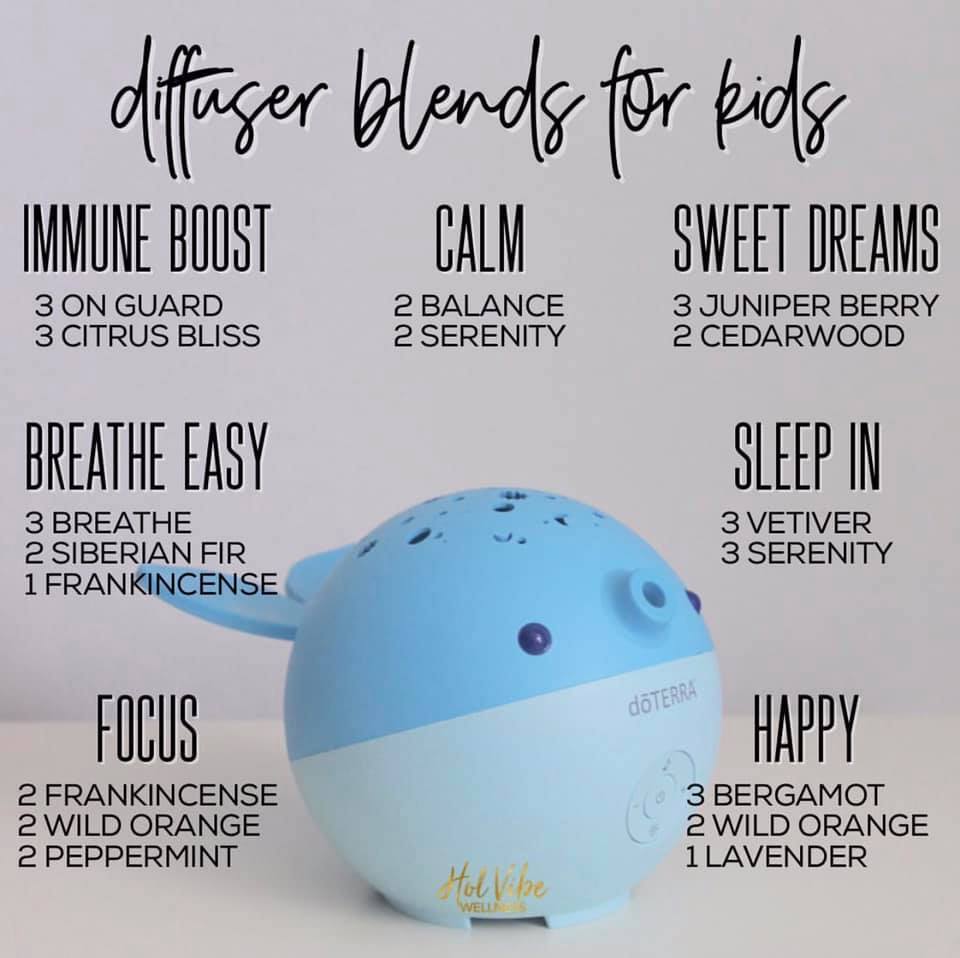
Like this:
Like Loading...


